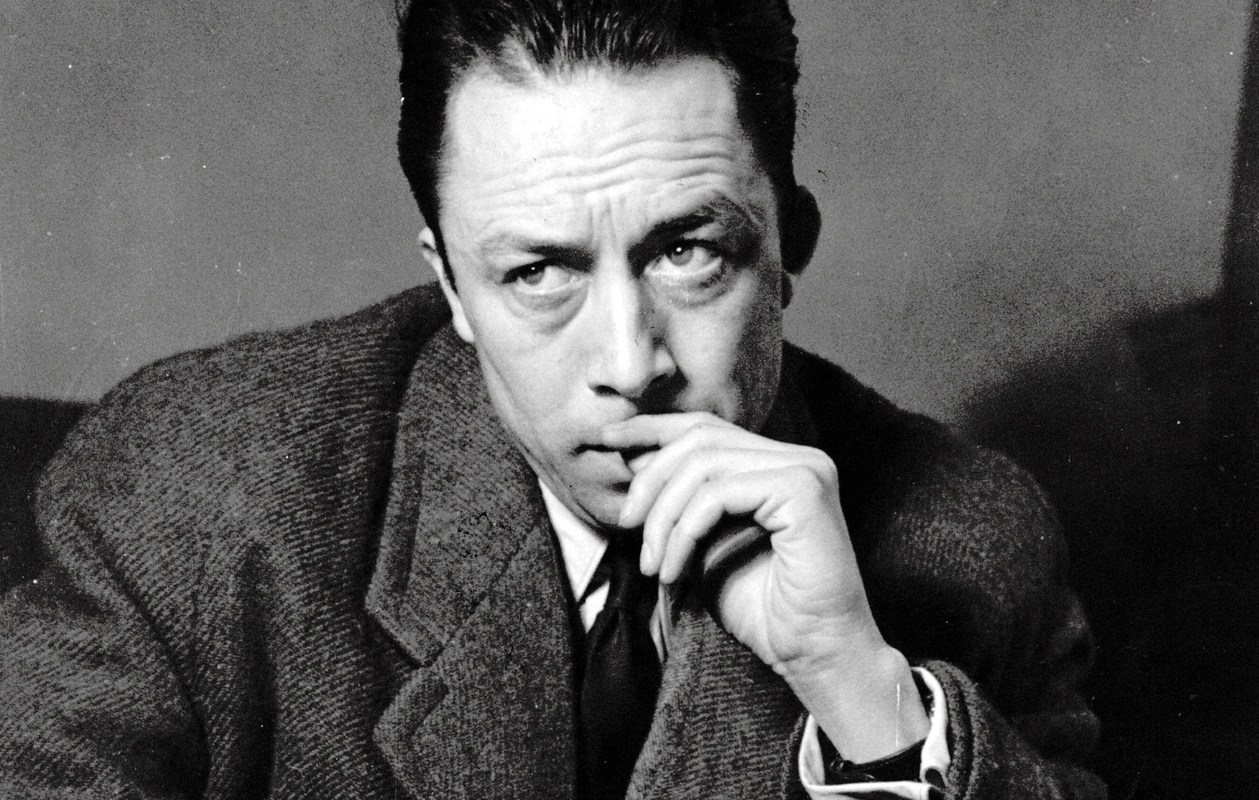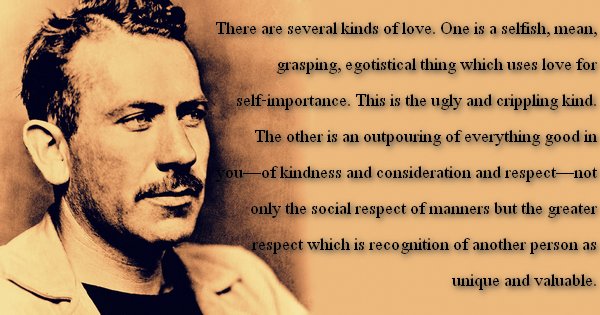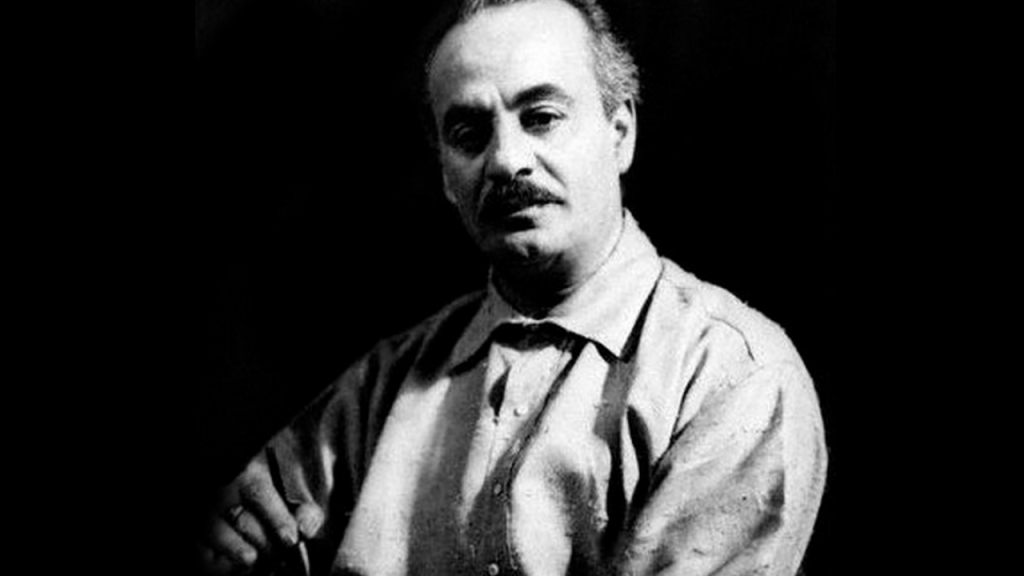“There is no love of life without despair of life.”
“Those who prefer their principles over their happiness,” Albert Camus (November 7, 1913–January 4, 1960) wrote in his notebook toward the end of his life, “they refuse to be happy outside the conditions they seem to have attached to their happiness.” Indeed, our principles tend to harden into habits and although habits give shape to our inner lives, they can mutate into the rigidity of routine and create a kind of momentum that, rather than expanding our capacity for happiness, contracts it. In the trance of routine and principled productivity, we end up showing up for our daily lives while being absent from them.
Few things things break us out of our routines and awaken us to the living substance of happiness more powerfully than travel. Camus knew this. Decades earlier, when he was only twenty-two and still a long way from becoming the second-youngest recipient of the Nobel Prize in Literature, he explored this human perplexity with unparalleled intellectual elegance and spiritual grace in a gorgeous essay titled “Love of Life,” eventually included in his posthumously published collection Lyrical and Critical Essays (public library).

Recounting the sight of a young woman dancing deliriously in a Spanish cabaret, Camus — whose entire life was undergirded by the ethos that happiness is our moral obligation — writes:
Without cafés and newspapers, it would be difficult to travel. A paper printed in our own language, a place to rub shoulders with others in the evenings enable us to imitate the familiar gestures of the man we were at home, who, seen from a distance, seems so much a stranger. For what gives value to travel is fear. It breaks down a kind of inner structure we have. One can no longer cheat — hide behind the hours spent at the office or at the plant (those hours we protest so loudly, which protect us so well from the pain of being alone). I have always wanted to write novels in which my heroes would say: “What would I do without the office?” or again: “My wife has died, but fortunately I have all these orders to fill for tomorrow.” Travel robs us of such refuge. Far from our own people, our own language, stripped of all our props, deprived of our masks (one doesn’t know the fare on the streetcars, or anything else), we are completely on the surface of ourselves. But also, soul-sick, we restore to every being and every object its miraculous value. A woman dancing without a thought in her head, a bottle on a table, glimpsed behind a curtain: each image becomes a symbol. The whole of life seems reflected in it, insofar as it summarizes our own life at the moment. When we are aware of every gift, the contradictory intoxications we can enjoy (including that of lucidity) are indescribable.
But this contact with absolute bliss, Camus cautions, necessitates an equal capacity for contact with absolute despair:
There lay all my love of life: a silent passion for what would perhaps escape me, a bitterness beneath a flame. Each day I would leave this cloister like a man lifted from himself, inscribed for a brief moment in the continuance of the world… There is no love of life without despair of life.
Echoing Kierkegaard’s unforgettable admonition — “Of all ridiculous things the most ridiculous seems to me, to be busy,” the Danish philosopher wrote in contemplating our greatest source of unhappiness — Camus considers how the trance of productivity robs us of the very presence necessary for happiness:
Life is short, and it is sinful to waste one’s time. They say I’m active. But being active is still wasting one’s time, if in doing one loses oneself. Today is a resting time, and my heart goes off in search of itself. If an anguish still clutches me, it’s when I feel this impalpable moment slip through my fingers like quicksilver… At the moment, my whole kingdom is of this world. This sun and these shadows, this warmth and this cold rising from the depths of the air: why wonder if something is dying or if men suffer, since everything is written on this window where the sun sheds its plenty as a greeting to my pity? I can say and in a moment I shall say that what counts is to be human and simple. No, what counts is to be true, and then everything fits in, humanity and simplicity. When am I truer than when I am the world? My cup brims over before I have time to desire. Eternity is there and I was hoping for it. What I wish for now is no longer happiness but simply awareness.
[…]
The great courage is still to gaze as squarely at the light as at death. Besides, how can I define the link that leads from this all-consuming love of life to this secret despair? If I listen to the voice of irony, crouching underneath things, slowly it reveals itself. Winking its small, clear eye, it says: “Live as if …” In spite of much searching, this is all I know.
Complement the altogether beautiful Lyrical and Critical Essays with Camus on happiness, unhappiness, and our self-imposed prisons, his illustrated wisdom on love, and the beautiful letter of gratitude he wrote to his childhood teacher after receiving the Nobel Prize.
Source: Brain Pickings
Related:
- 39 Philosophical & Thought-Provoking Quotes By Albert Camus
- The 10 Most Famous Personalities Of The Last 6,000 Years
- Top 14 Greatest Philosophers And Their Books
- The Key To Happiness, According To 3 Greek Philosophers
- Socrates Was One Of The Smartest People Ever Lived. Here Are 24 Out Of His Most Important Quotes That Everyone Needs To Read
- Socrates: The Test Of Three
- MOTIVATION: 15 Best Socrates Picture Quotes
- 17 Of Plato's Most Famous Quotes That Can Help Us Improve Our Lives
- This Animation Will Explain To You Plato's Philosophy In Almost 3 Minutes
- 40 Aristotle's Quotes That Will Make You Think And Can Change Your Life
- 40 Golden Words By Epictetus, The Ancient Greek Philosopher Who Was Born A Slave
- 30 Life Lessons From Marcus Aurelius
- 12 Life Lessons from Jesus That Everyone Should Read Before They Die
- 35 Inspiring & Philosophical Quotes By Lao Tzu (Laozi)
- 37 Confucius' Quotes That Will Help You Understand The Chinese Philosophy
- Leonardo Da Vinci: 30 Quotes by a Talented Genius Personality
- You Need To Read These 25 Truths By Galileo Galilei
- 30 Words Of Wisdom By The Great Scientist, Nikola Tesla
- 25 Life Lessons from Albert Einstein
- Albert Einstein - How I See the World
- 23 Quotes About Our Cosmos By The Astronomer Carl Sagan
- Johann Wolfgang von Goethe: 20 Quotes You Need To Read
- 22 Sigmund Freud's Quotes Will Make You Rethink Life
- 38 Most Memorable Quotes By Voltaire
- 42 Victor Hugo's Lessons to Make You Think
- 46 Mind-Blowing Quotes By Friedrich Nietzsche
- 30 Humanitarian Inspiring Quotes By Martin Luther King Jr.
- 30 Political and Philosophical Quotes By Noam Chomsky
- One Buddha Teaching That Will Tell You More About Yourself Than Anything Else
- 25 Life Changing Lessons to Learn from Buddha
- Gandhi’s 10 Fundamentals: How To Change The World
- 28 Thought-Provoking Photo Quotes By Charles Bukowski
- 25 Life Changing Lessons To Learn From Rumi
- 10 Pieces Of Wisdom & Quotes From Native American Elders
- 10 Quotes From a Sioux Indian Chief That Will Make You Question Everything About Our Society
- 25 Lessons From Khalil Gibran That Can Totally Transform Your Life
- 17 Jiddu Krishnamurti Quotes That Will Turn Your World View Outside In
- 10 Uplifting Quotes That Inspire Peace During Times of Tragedy
















COMMENTS